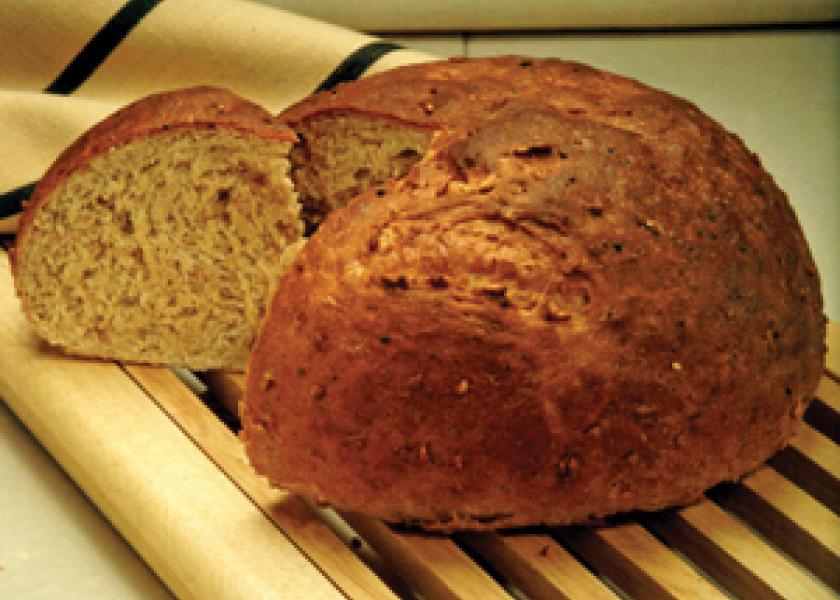Gunning For Gluten

Wheat industry tackles consumer-level challenges
Wheat farmers are generally prepared for any type of calamity: Drought, flooding, weeds and insects are annual problems they tackle. However, they might be less prepared to face a new problem on the horizon—the fad diet.
More specifically, various wheat-free diets, anchored by books such as the current bestseller "Wheat Belly."
Gluten is the underlying culprit. The protein allows wheat dough to rise and gives it its characteristic chewy texture. But gluten is the core for a legitimate problem—celiac disease, which affects about 1% of the U.S. population. For this small percentage, avoiding food containing gluten is essential.
For the rest of us, there’s not much scientific sense to back away from wheat foods, says Judi Adams, president of the Wheat Foods Council (WFC).
"We’re trying to get the word out that wheat doesn’t cause celiac disease—it’s genes," she says. "You can’t ‘catch’ celiac disease, you either have the gene or you don’t."
Adams is quite empathetic to those who have Celiac disease. In fact, her own brother suffered through his entire childhood and adult life with it. It’s all the more reason the WFC and at least seven other organizations are committed to educating the public about a crop that has played a large role in feeding the world for centuries.
"We’re trying to work with farmers and show them what we’re doing for them in getting the word out," Adams says.
Christine Cochran, executive director of the Grain Foods Foundation, says with the advent of
social media and with the current state of consumer interest in how their food is produced, farmers are in a unique position to share their stories.
"A lot of consumers are on a quest to see where their food comes from," she says.
"The farmer story is then a very compelling one. I’d encourage all farmers to figure out how they can best share what they are doing."
What farmers shouldn’t do is pretend this trend won’t have an impact, Cochran says. It’s one factor among many, but she says the popularity of gluten-free diets has already had a visible effect on supply and demand.
"Farmers are a part of the chain, so this affects them, too," Cochran says. "The baking side is already seeing a softening in the market for all types of products."
The upside is that other popular diets will likely replace gluten-free diets in time, Adams says. She says most fad diets have a shelf life of one to two years. She says groups such as WFC will continue to promote the nutritional benefits of wheat while remaining respectful to the needs of those who have celiac disease.
Take a Pill?
People diagnosed with celiac disease often have difficulty at grocery stores and restaurants figuring out what they can and can’t eat. If only there was a pill they could take to make it all better.
That might be a reality soon, according to the Journal of the American Chemical Society. They have recently reported that scientists are trying to harness an enzyme that can break down gluten into pieces that wouldn’t cause digestive tract inflammation for those with celiac disease. So far, laboratory tests have proven 95% effective.
The hope is to someday develop a pill that would allow people with celiac disease to enjoy wheat products without the related digestive upsets.
You can e-mail Ben Potter at bpotter@farmjournal.com.







